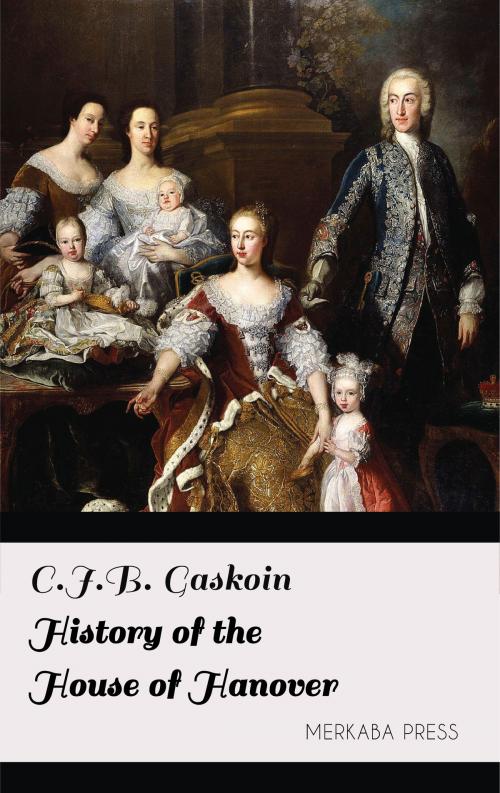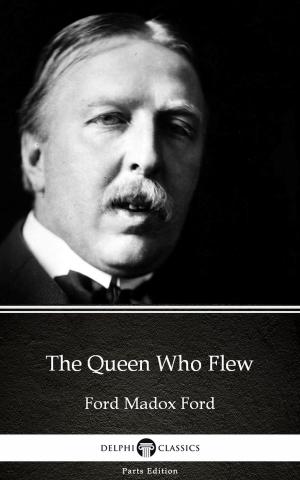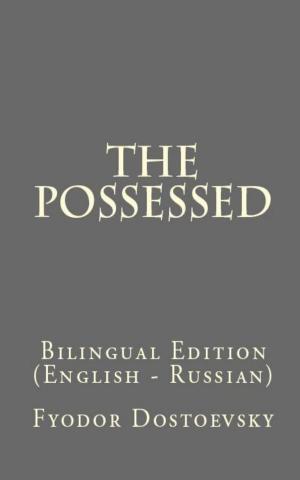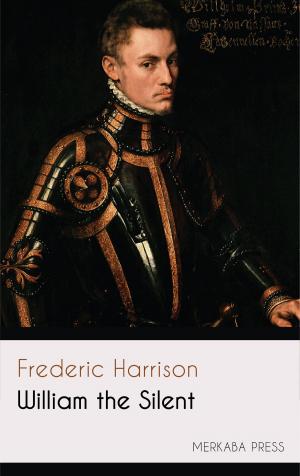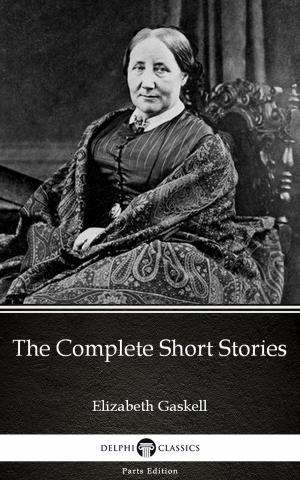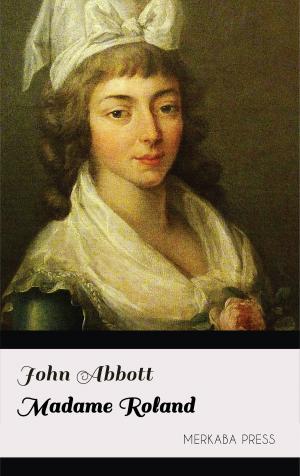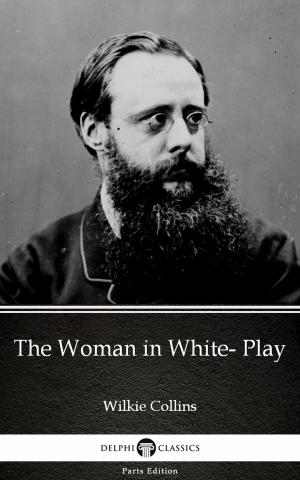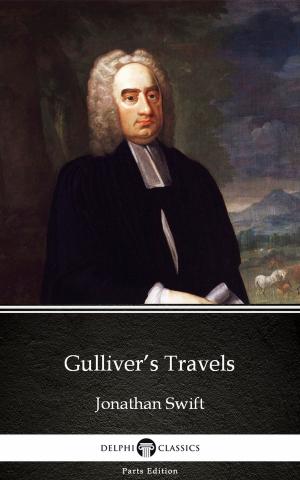| Author: | C.J.B. Gaskoin | ISBN: | 6610000021536 |
| Publisher: | PublishDrive | Publication: | July 14, 2017 |
| Imprint: | Merkaba Press | Language: | English |
| Author: | C.J.B. Gaskoin |
| ISBN: | 6610000021536 |
| Publisher: | PublishDrive |
| Publication: | July 14, 2017 |
| Imprint: | Merkaba Press |
| Language: | English |
In September, 1714, seven weeks after Queen Anne died, the first king of a new royal House landed in England.
Sophia of Hanover, daughter of the Elizabeth Stuart who was once for a few months Queen of Bohemia, had been named by the Act of Settlement (1701) as successor to her cousin Anne. And ever after Sophia longed to outlive Anne, if only for one day, so that she might call herself Queen of England before she died. But she had been dead already some four months; so it was not to her but to her son George Lewis, now King George I, that the English crown descended.
George I was a foreigner by birth, connected with the old royal line only because his grandmother Elizabeth had been a daughter of James I. Nearly sixty persons, it was said, had a better title to the throne by descent. He was a foreigner, too, by breeding and education. The jealous Anne, indeed, had never allowed him to enter England. Thus he knew hardly more of English ways and English institutions than he knew of the English language, which was practically nothing at all. Further, having ruled Hanover for sixteen years with almost absolute power, he had had no training for the task of ruling England as a "constitutional king," that is, a king with limited power, strictly controlled by Parliament. And he knew that few, if any, of his new subjects felt even the slightest liking for him. Already, indeed, they were violently jealous of his foreign friends and interests. And, till the very moment of Anne's last illness, Bolingbroke had been working, with every hope of success, to put a different king upon the throne. Even now Bolingbroke still hoped, and George himself feared, and foreign statesmen quite expected, that "the fickle English" would soon send back their new ruler to his little German State.
In September, 1714, seven weeks after Queen Anne died, the first king of a new royal House landed in England.
Sophia of Hanover, daughter of the Elizabeth Stuart who was once for a few months Queen of Bohemia, had been named by the Act of Settlement (1701) as successor to her cousin Anne. And ever after Sophia longed to outlive Anne, if only for one day, so that she might call herself Queen of England before she died. But she had been dead already some four months; so it was not to her but to her son George Lewis, now King George I, that the English crown descended.
George I was a foreigner by birth, connected with the old royal line only because his grandmother Elizabeth had been a daughter of James I. Nearly sixty persons, it was said, had a better title to the throne by descent. He was a foreigner, too, by breeding and education. The jealous Anne, indeed, had never allowed him to enter England. Thus he knew hardly more of English ways and English institutions than he knew of the English language, which was practically nothing at all. Further, having ruled Hanover for sixteen years with almost absolute power, he had had no training for the task of ruling England as a "constitutional king," that is, a king with limited power, strictly controlled by Parliament. And he knew that few, if any, of his new subjects felt even the slightest liking for him. Already, indeed, they were violently jealous of his foreign friends and interests. And, till the very moment of Anne's last illness, Bolingbroke had been working, with every hope of success, to put a different king upon the throne. Even now Bolingbroke still hoped, and George himself feared, and foreign statesmen quite expected, that "the fickle English" would soon send back their new ruler to his little German State.
